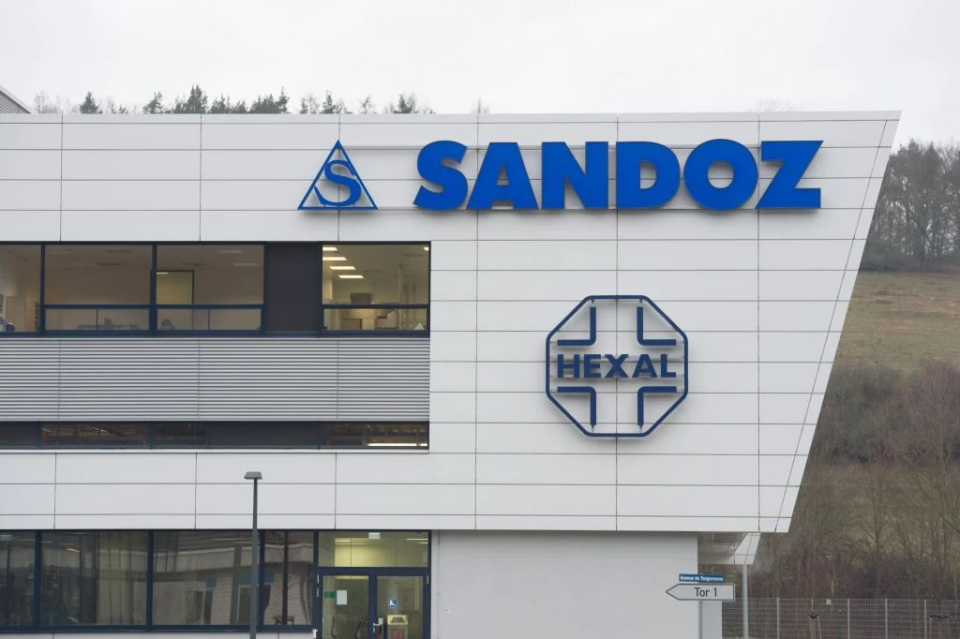Sandoz (SIX: SDZ, OTCQX:SDZNY), a global leader in generic and biosimilar medicines, is making a decisive move to expand its manufacturing capabilities in Europe. The company has broken ground on a new biosimilars production center in Brnik, Slovenia, with an investment of $440 million. This latest project brings Sandoz’s total planned and ongoing investment in Slovenia to more than $1.1 billion by 2029, underscoring the company’s commitment to strengthening its European biosimilar hub and broadening its global market reach.
The new facility in Brnik is designed to be a state-of-the-art center for sterile product manufacturing, focusing on injectable biosimilars. It will handle the preparation, filling, assembly, and packaging of sterile injectable products, and will also house laboratories for quality control. The plant is scheduled to open in 2028 and will complement Sandoz’s other investments in Slovenia, including a biosimilar drug substance production center in Lendava and a development center in Ljubljana.
This expansion is part of Sandoz’s broader strategy to capture a significant share of the biosimilar market, which is expected to see patent expiries worth $222 billion over the next decade. The company is aiming to take advantage of this unprecedented opportunity by building out its in-house manufacturing capabilities and creating an integrated European hub for biosimilars.
Richard Saynor, CEO of Sandoz, highlighted the importance of this investment for both the company and the broader healthcare ecosystem. “Biosimilars is the fastest-growing segment of our pipeline as the need of patients and healthcare systems for these critical medicines continues to grow rapidly. As the global leader in the field, we are investing to meet rapidly growing patient demand. With a commitment of over $1.1 billion, we are proud to significantly expand our biosimilar manufacturing capacity in Europe as Slovenia’s largest direct foreign investor. This is another major step that will position Sandoz uniquely to capitalize on the unprecedented biosimilars market opportunity of the next decade,” Saynor said.
Glenn Gerecke, Chief Manufacturing and Supply Officer at Sandoz, pointed to Slovenia’s strategic advantages for the company. “Our investment in biomanufacturing in the heart of Europe marks another important milestone in building our own independent manufacturing network, one that enhances our control, resilience and agility across the global supply chain. We recognize the strategic value Slovenia brings for us as a company: a highly skilled talent pool in natural sciences and engineering, a central location with world-class logistics infrastructure, cost-competitive production, and a stable, innovation-driven environment closely connected to academia and research,” Gerecke explained.
Sandoz’s leadership in the biosimilar space is well established, with 11 marketed molecules and a pipeline of 28 more in development. The company’s biosimilar segment has been a major growth driver, with biosimilar sales growing 30 percent to $2.8 billion in 2024, compared to generics, which brought in $7.5 billion with a 2 percent growth rate. This focus on biosimilars is expected to continue, with Sandoz projecting mid-single digit net sales growth in constant currencies for 2025 and maintaining a robust pipeline that targets major biologics with combined originator sales of $54 billion.
The new Brnik facility is not just about increasing capacity, it is also about ensuring quality and affordability. By investing in the latest technology and integrating quality control laboratories on site, Sandoz aims to deliver high-quality, affordable biosimilars to patients worldwide.
Biosimilars play a crucial role in expanding patient access to biologic medicines and supporting the sustainability of healthcare systems. They offer more affordable treatment options and help drive innovation by increasing competition in the pharmaceutical market. For Sandoz, the growth of biosimilars is central to its strategic roadmap and its mission to pioneer access for patients globally.

